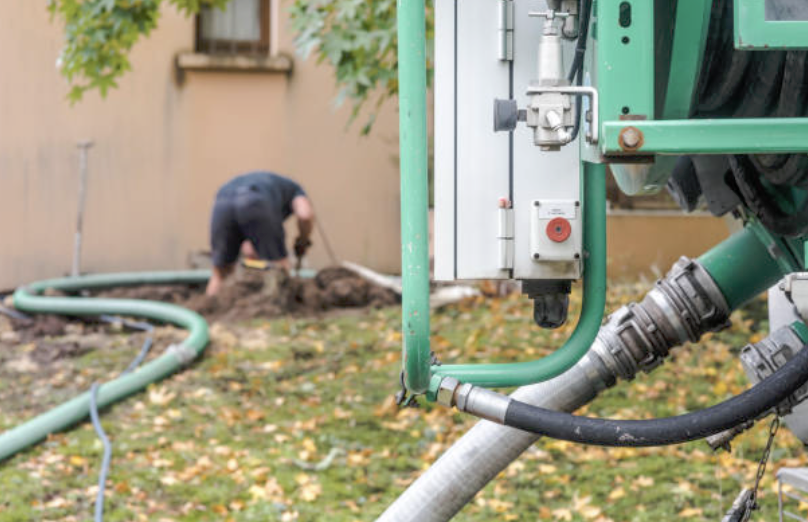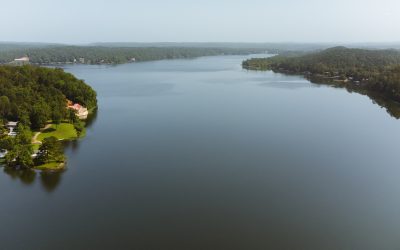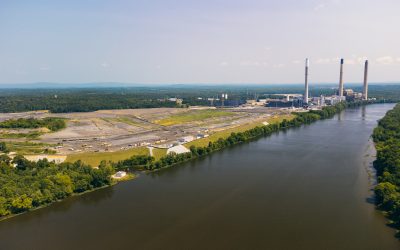What are Septic Tanks?
Septic systems are underground wastewater treatment structures, commonly used in rural areas without centralized sewer systems. To treat wastewater from residential plumbing produced by bathrooms, kitchen drains, and laundry, they combine nature with tried-and-true technology.
In the septic tank, sediments and floatable debris (such oils and grease) are separated from the wastewater while organic matter is broken down. Soil-based systems release the fluid (known as effluent) from the septic tank into a line of perforated pipes buried in a drain field, tanks, or other special devices designed to slowly release the effluent into the soil.
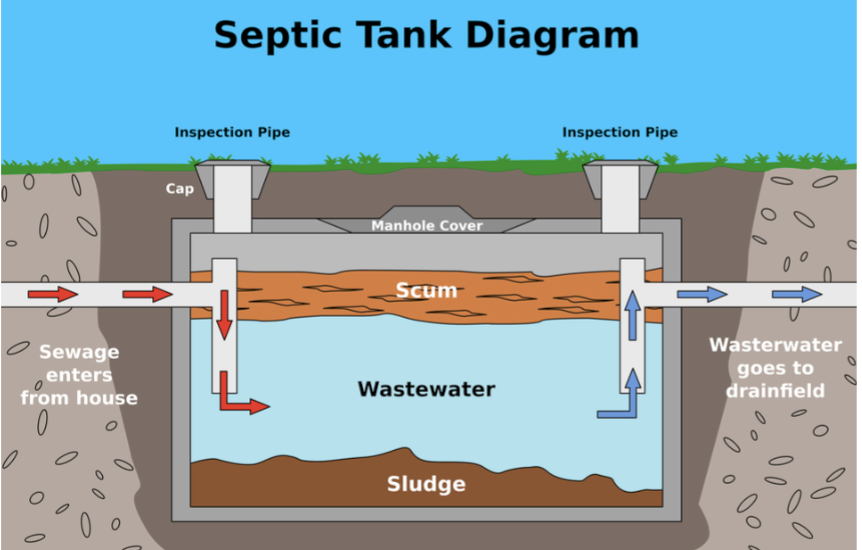
How Do Septic Tanks Affect Water Quality?
In the case that a septic tank is not properly maintained, water from the septic tank (that has only partially been treated) exits through the drainfield, filters through the soil, and enters the groundwater. The drainfield will flood and cause sewage to surface in your yard or back up into your property, if it is overflowing with liquid or clogged with particles. Groundwater is water that has infiltrated the ground to fill the spaces between sediments and cracks in rock. Due to the fact that groundwater is fed by precipitation, it can resurface to replenish streams, rivers, and lakes.
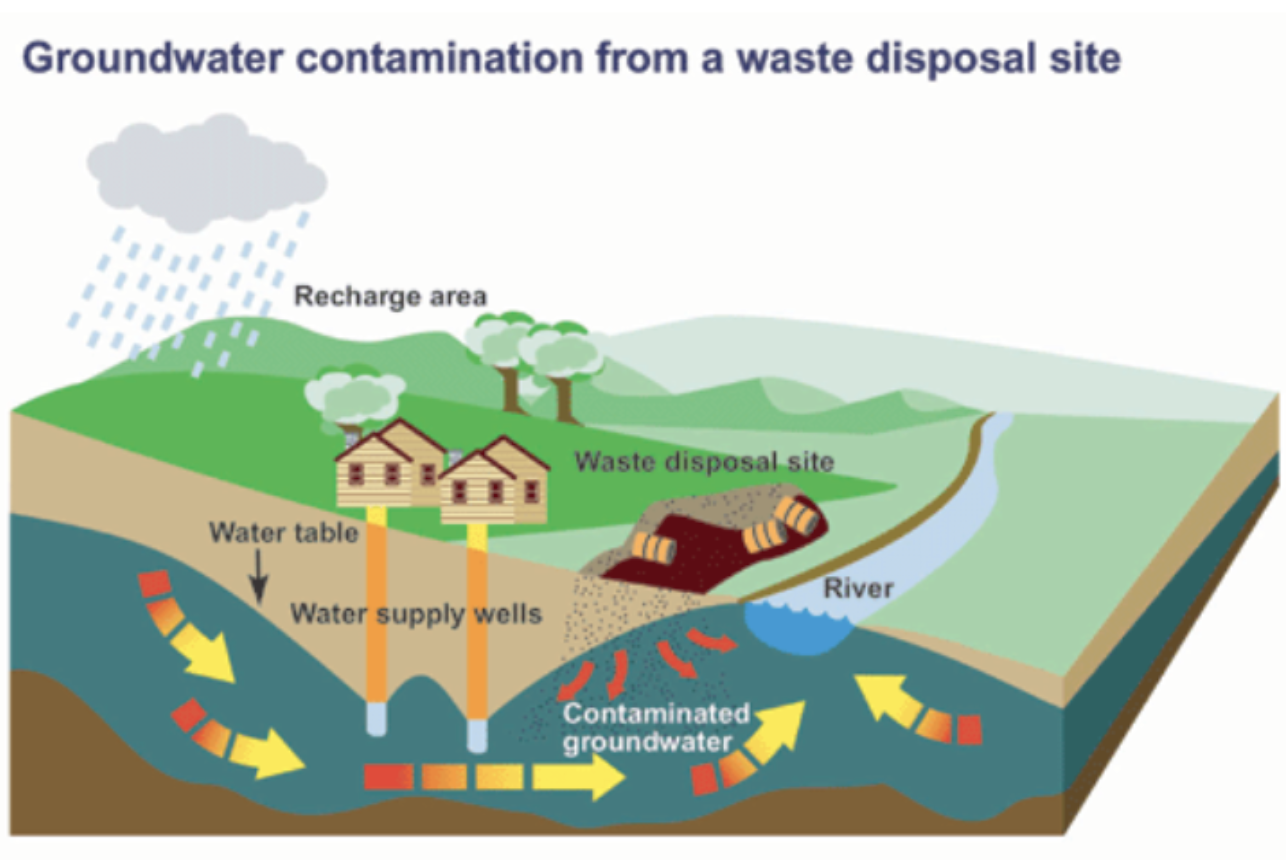
How to Prevent Septic Issues
- Be mindful of what you flush! Flushable wipes are not really flushable y’all!
- Septic systems should be inspected and should be pumped as needed.
- Using less water may increase the life of your septic system. Using too much water is a frequent factor in failed systems.
- Be mindful of field lines in your yard when driving, digging, or construction in your yard.
- A lid that is open or not screwed shut is a safety hazard! People can fall into tanks that are not secured. Make sure tank access lids are not cracked or deteriorated to prevent a safety hazard from happening.
Suspect a Faulty or Leaking Septic System?
Every week our team answers and investigates dozens of citizen complaints. We respond to sewage spills, fish kills, illegal discharges, smelly odors, construction sites, abandoned vessels, and so on. We do our best to treat every complaint as if it was impacting our own yard, our own waterfront, or our own family.
What’s Illegal: It is illegal for wastewater from a septic system to enter a waterbody.
Where to Complain: Lodge a complaint with the Alabama Department of Public Health. Find your county’s contact info here.

